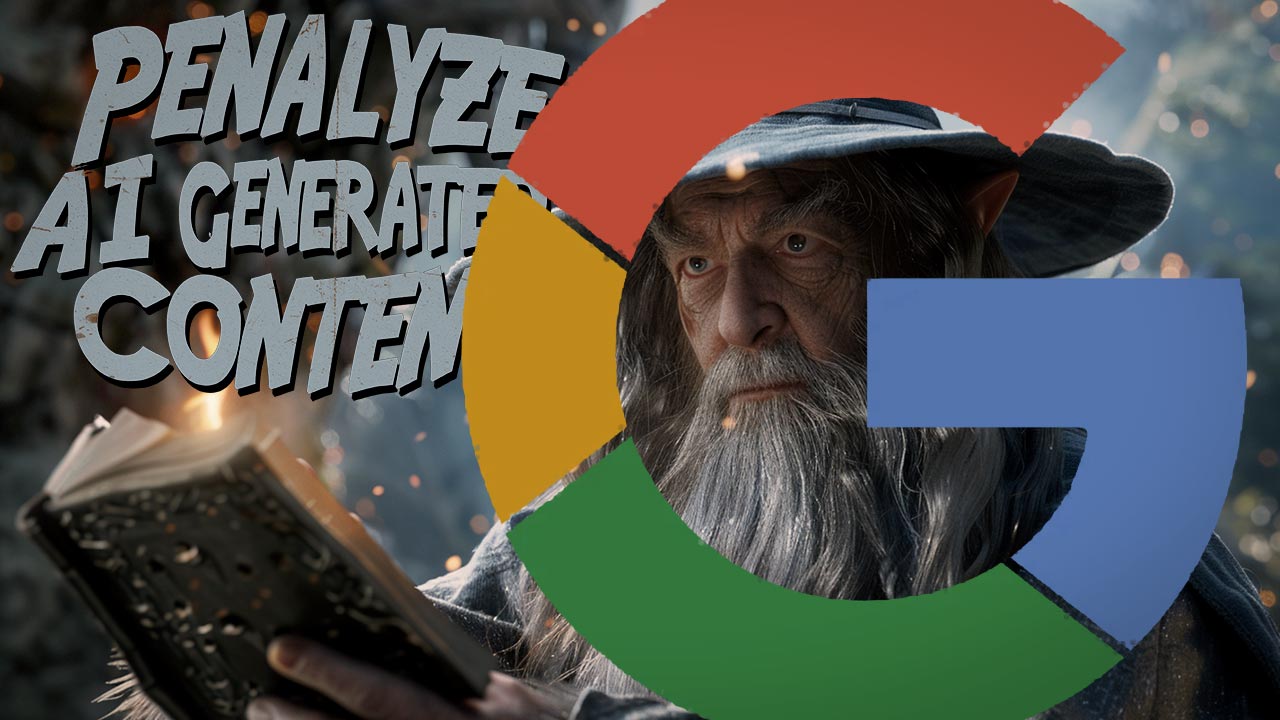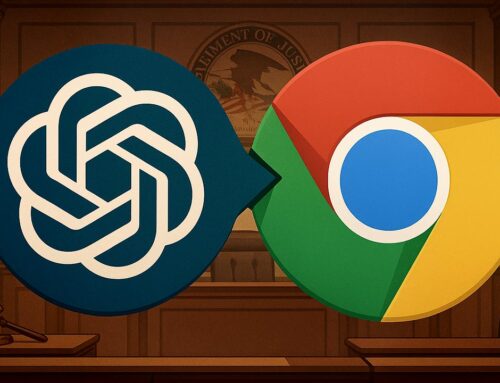Does Google Penalize AI-Created Content?
Does Google Penalize AI-Created Content? As AI technology becomes more sophisticated, tools like ChatGPT and other natural language processing (NLP) models have become increasingly popular for generating content at scale. However, with the rise of AI-generated content, concerns have also surfaced regarding its impact on search engine rankings.
This quick read article dives into the intricacies of AI-generated content and its relationship with Google’s search algorithms. We will explore whether Google penalizes AI-generated content, what the search engine giant’s stance on this issue is, and what this means for content creators, marketers, and businesses striving to maintain or improve their rankings. You’ll gain a clear understanding of how AI-generated content fits into the broader context of SEO and what steps you can take to ensure your content remains compliant with Google’s guidelines.
Table of Contents
- What is AI-Created Content?
- Google’s Stance on AI-Generated Content
- Does Google Penalize AI-Created Content?
- Best Practices for Using AI in Content Creation
- Top 5 Frequently Asked Questions
- Final Thoughts
- Research
What is AI-Created Content?
AI-created content refers to text, images, or other media generated by artificial intelligence systems. These systems use machine learning models, such as GPT (Generative Pre-trained Transformer), to analyze patterns in existing data and produce new content based on that analysis. While AI-generated content can be efficient and scalable, questions remain about its originality, quality, and compliance with search engine guidelines.
Google’s Stance on AI-Generated Content
Official Statements
Google has not explicitly penalized AI-created content simply because it was generated by AI. However, Google emphasizes the importance of content quality, relevance, and value to the user. Google’s John Mueller has stated that while AI-generated content isn’t inherently penalized, it must adhere to the same standards as human-written content. This includes being free of spam, original, and providing genuine value to the audience.
Case Studies and Analysis
Several case studies have explored the impact of AI-generated content on search rankings. These studies typically show that AI content can perform well if it meets Google’s quality guidelines. However, when AI-generated content is poorly constructed or overly repetitive, it tends to rank lower and can even trigger penalties related to low-quality content.
Does Google Penalize AI-Created Content?
Understanding Google’s Algorithms
Google’s algorithms are designed to prioritize content that is high-quality, relevant, and user-friendly. They use a combination of factors, including natural language processing, to assess the quality of content. AI-generated content that lacks depth, originality, or relevance may be flagged by these algorithms, leading to lower rankings or penalties.
Quality and Relevance Factors
The quality of AI-generated content is crucial. Google uses signals like user engagement, bounce rates, and the time spent on a page to determine whether content is valuable. AI-created content that doesn’t engage users or provide valuable information is unlikely to rank well. Moreover, Google’s algorithms are adept at detecting content that is too similar to existing material, which could be seen as duplicate content and thus penalized.
Best Practices for Using AI in Content Creation
Ensuring High-Quality Output
To avoid potential penalties, it’s important to ensure that AI-generated content is of high quality. This means fact-checking, refining, and optimizing the content for readability and relevance. It’s also vital to avoid keyword stuffing or creating content solely to manipulate search rankings.
Blending Human and AI Efforts
One effective strategy is to blend human creativity with AI efficiency. AI can be used for content ideation, drafting, and optimization, but human editors should refine and polish the final product. This hybrid approach ensures that the content maintains a natural flow and meets Google’s quality standards.
Monitoring and Updating Content
AI-generated content should be regularly monitored and updated to ensure it remains relevant and accurate. Google’s algorithms favor fresh, up-to-date content, so it’s essential to revisit and revise AI-created articles as needed.
Top 5 Frequently Asked Questions
Final Thoughts
The most important takeaway from this article is that while Google does not explicitly penalize AI-generated content, it is crucial to ensure that such content meets the same standards as human-created material. Quality, originality, and relevance are key factors in maintaining or improving search rankings. By blending the efficiency of AI with the creativity and oversight of human editors, businesses can leverage AI to produce content that not only ranks well but also provides genuine value to users.
Resources
- Google’s Official Webmaster Guidelines
- John Mueller’s Statements on AI-Generated Content
- Case Study: AI vs. Human Content
- Understanding Google’s Search Algorithms









Leave A Comment